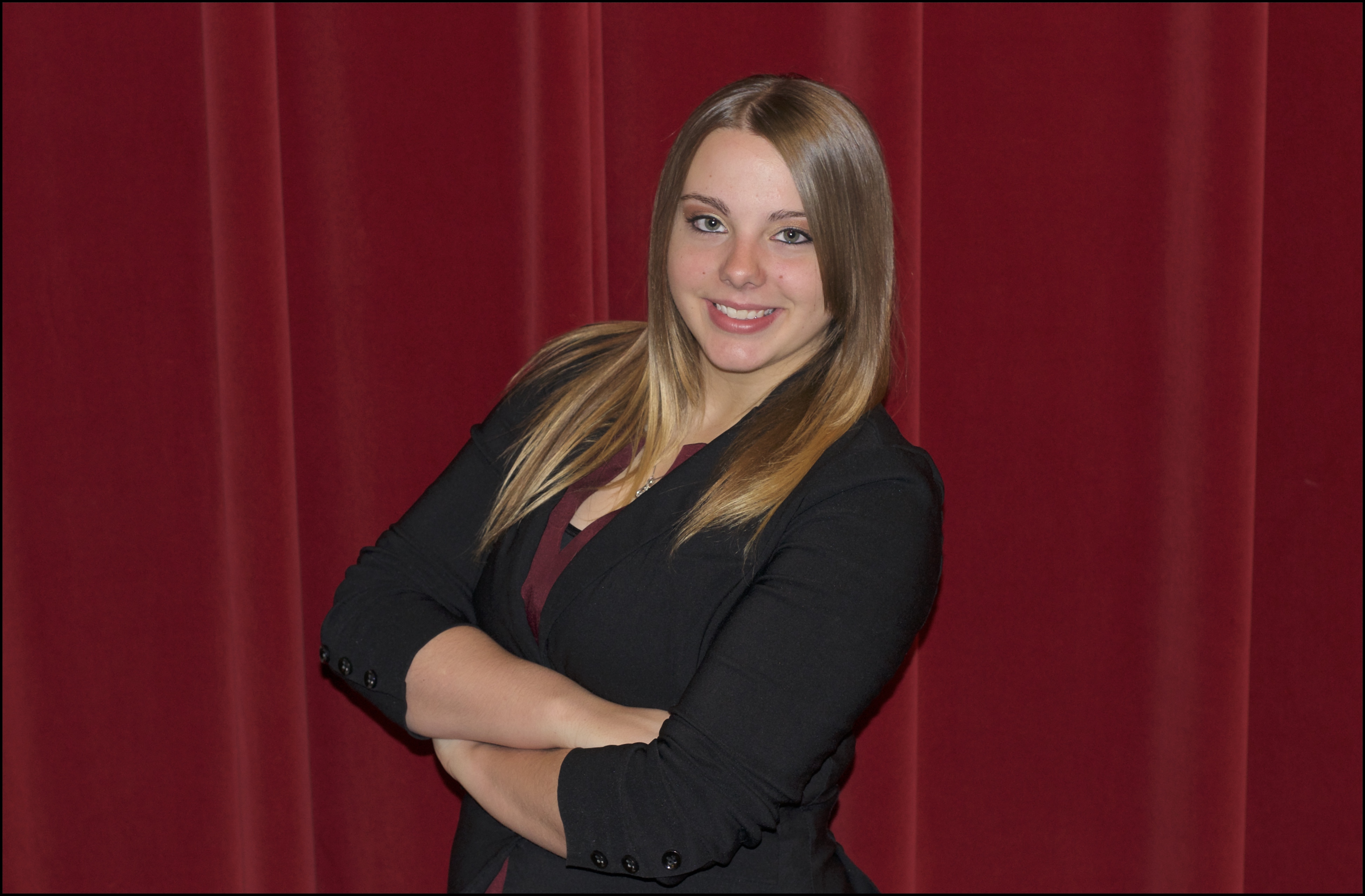Celebration of Scholars
Effects of Transracial International Adoption on Cultural Identity
 Name:
Kayla Clair
Name:
Kayla Clair
Major: Social Work
Hometown: Kenosha
Faculty Sponsor:
Other Sponsors:
Type of research: Course project
Abstract
This is a proposed study which aims to understand how being transracial and internationally adopted affects the development of a cultural identity for adoptees. The current research fails to address the experiences of adoptees who have been both transracially and internationally adopted, but rather looks at one population or the other. It has been found that these adoptees experience a period of cultural exploration, a process which can have a major impact on their sense of self. A cultural identity has been found to influence a person’s self-esteem, as well as ability to cope with stress. Further, the proposed study focuses on biologically Latino adoptees who have been adopted into white families. This population was chosen in light of the high regard that family is held in Latino culture. The research would suggest that for adoptees of Latino heritage, this aspect of their biological culture would accentuate feelings of cultural conflict and confusion. Adoptees often find themselves culturally identifying as adopted or a blend of ethnicities, such as Mexican American. The literature shows that adoptive parents play a major role in the development of their child’s identity. With cultural identity being such an important step in developing a sense of self, it is imperative that further research is done to understand the unique experiences of transracial and internationally adoptees. This study is important, as it would inform professionals across many fields who work with this population.
Submit date: March 15, 2016, 4:31 p.m.
